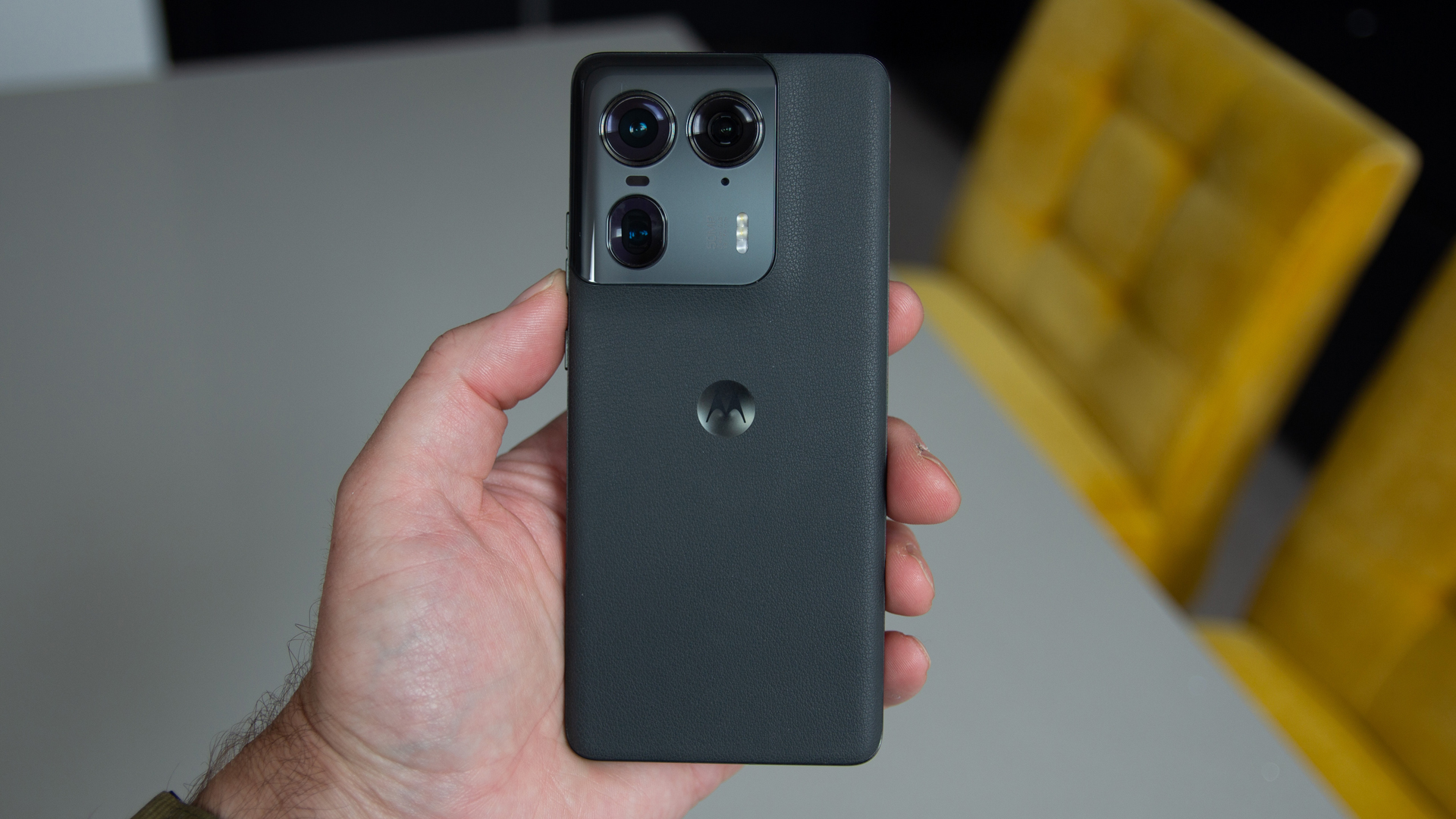
Motorola has delivered an impressive clutch of smartphones over the past couple of years, not only challenging Samsung with its folding Razr devices, but also delivering some solid sub-flagship devices too.
Rather than go head-to-head with Samsung's Galaxy S24 Ultra, however, the Motorola Edge 50 Ultra on review here takes a step back, delivering a phone that can shout about many of the same highlights, while keeping the price in check. Does that make it one of the best Android phones you can buy?
The fact that this phone comes in cheaper than flagship rivals elsewhere, but also crams in 1TB of storage puts it somewhere in the category of remarkable. This isn't Motorola's first "Ultra" device, but its previous flagship phone was the Edge 40 Pro, so the naming is a little confusing.
Motorola Edge 50 Ultra: Price & Release Date
The Motorola Edge 50 Ultra was announced on 16 April 2024, with the device now available to buy. The launch price was £849.99 in the UK and there are three colours to choose from, but only one model variant – with 16GB RAM and 1TB of storage. That's a handsome price all considered.
This phone isn't available in the US (naming conventions and spec differ there) nor Australia, so the UK is onto a good thing here. In terms of the rest of the market, this feels like it wants to take on the Google Pixel 8 Pro, or certainly be an alternative option.
Motorola Edge 50 Ultra review: What's New?
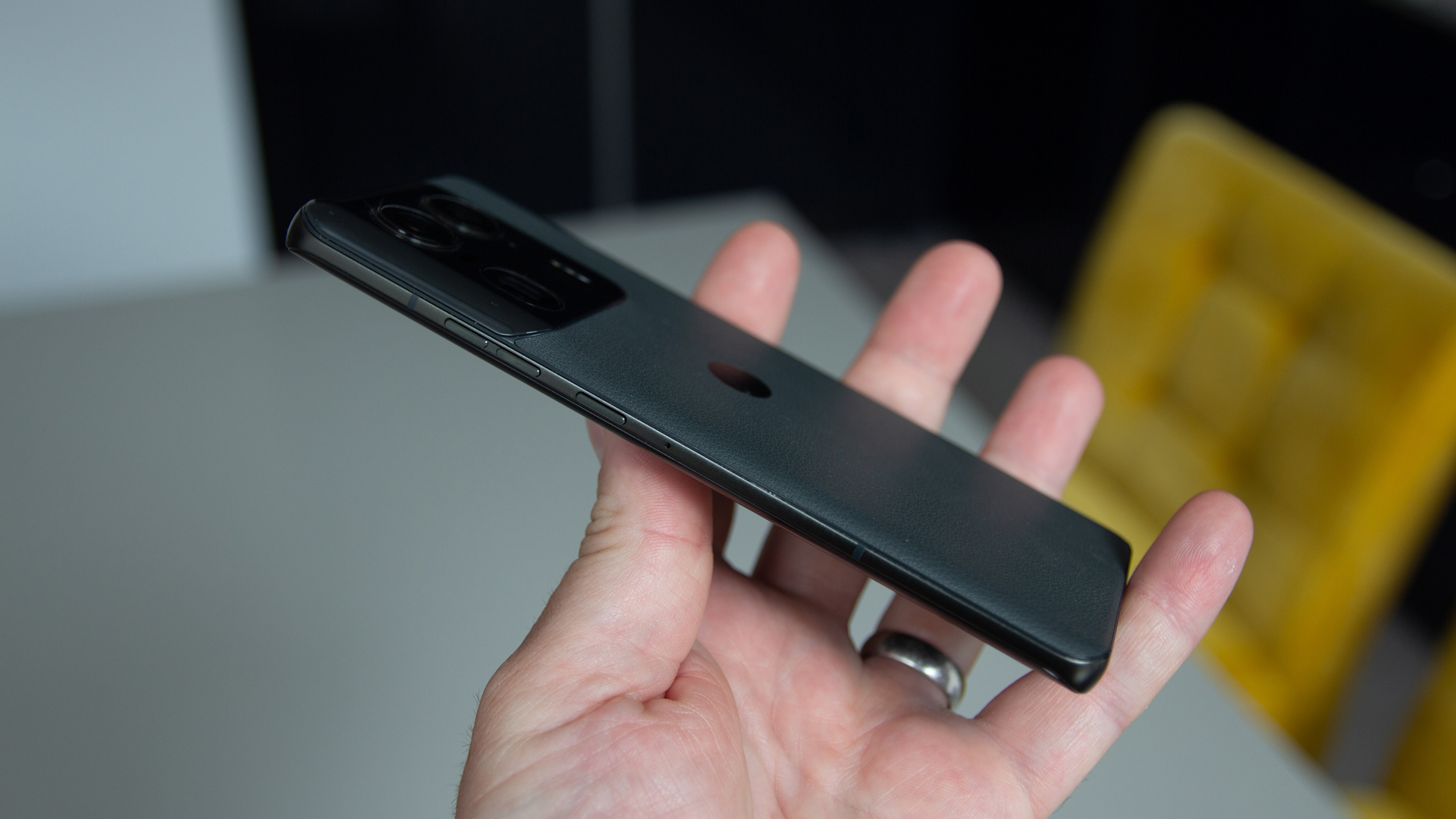
With this Ultra model replacing the Motorola Edge 40 Pro, let's take a look at what's changed. Top of the billing here is the deeper partnership with Pantone, with this being a Pantone certified display. It also increases in resolution, while settling in at 144Hz rather than the 165Hz of the previous device.
Sticking to the Pantone partnership, the camera gets an update too, with a new camera system on the rear. This includes different sensors and lenses, but importantly a new 3x optical telephoto zoom. That results in Pantone Validated and Pantone SkinTone Validated cameras too – also boosted by Moto AI – which is why I liken it to Google's Pixel 8.
Elsewhere, the Moto Edge 50 Ultra moves to Snapdragon 8s Gen 3 – slightly below the top-tier Snapdragon hardware – while the storage jumps to 1TB, which is up from 256GB on the older model. That's quite the change.
Motorola Edge 50 Ultra review: Design
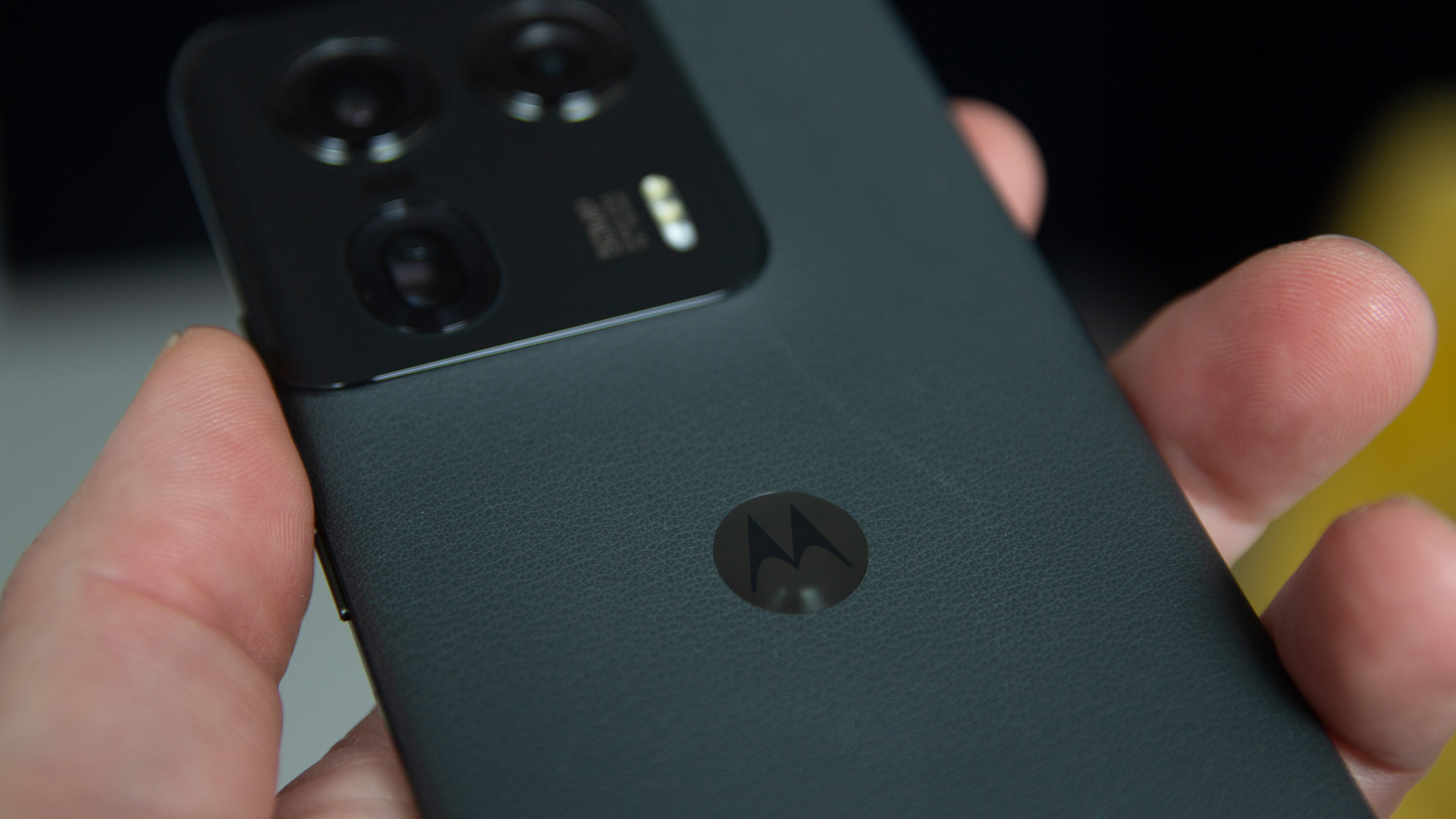
In terms of design, Motorola isn't just plopping out glass phones. The Edge 50 Ultra comes in a choice of Nordic Wood (that's real wood), Forest Grey or the Pantone Peach Fuzz (both of the latter are a vegan leather). Those finishes make the Edge 50 Ultra feel like a phone that doesn't want to be hidden in a case – although there is one in the box.
Motorola has also retained the curves that many brands have dropped. With a squared design being on trend since the iPhone 12 in 2020, Motorola keeps the curves, so gripping this big phone is pretty easy. It doesn't cut into your hand, while the faux leather finish is nicely tactile too. It's actually a great phone to hold.
The whole package is IP68 rated for protection and there's a premium feeling to the proceedings. There's no end of square-edged and glass-backed phones these days and Motorola stands out as something different.
The speakers boast Dolby Atmos enhancement, with each audio device you connect able to be benefit from customised audio output. The speakers sound great, really enjoyable for ad hoc video watching or when gaming – and are plenty loud.
Motorola Edge 50 Ultra review: Display
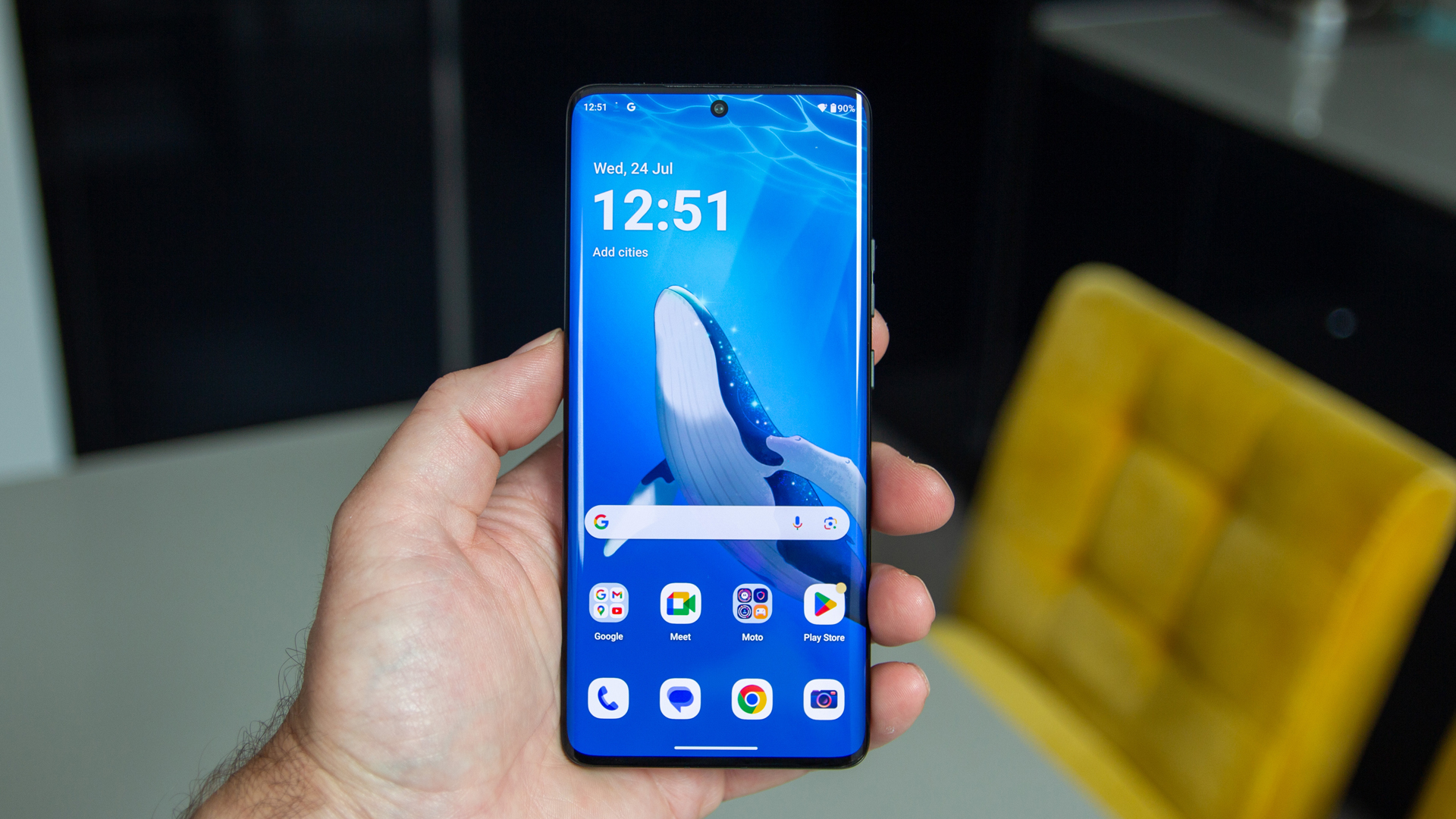
There's a 6.7-inch display and this curves towards the edges. That's great from a design point of view, but it does have a minor downside from a usability point of view: the edges can be less responsive, so some taps right on the curves might not register so well. That only really impacts gamers, as for most other content I find that the edges don't really impact on what you see or interact with too much.
Motorola has stepped back from the 165Hz refresh rate it previously offered and how now settled back at 144Hz maximum. While that will chime with gamers, most phones stop at 120Hz and I can't honestly say that the additional 24Hz makes a noticeable difference. There's an "auto" setting for refresh rate, but you don't get an adaptive refresh rate like some rivals.
Motorola has boosted the resolution to 2712 x 1220 pixels (446ppi), which is nice and sharp, while there's great 2800 nits peak brightness on the display. Put the numbers to one side, though, because what really matters is that this display looks fantastic. It's filled with rich and vibrant colours and it's great for sitting back and consuming content on Netflix.
Motorola Edge 50 Ultra review: Performance & Battery
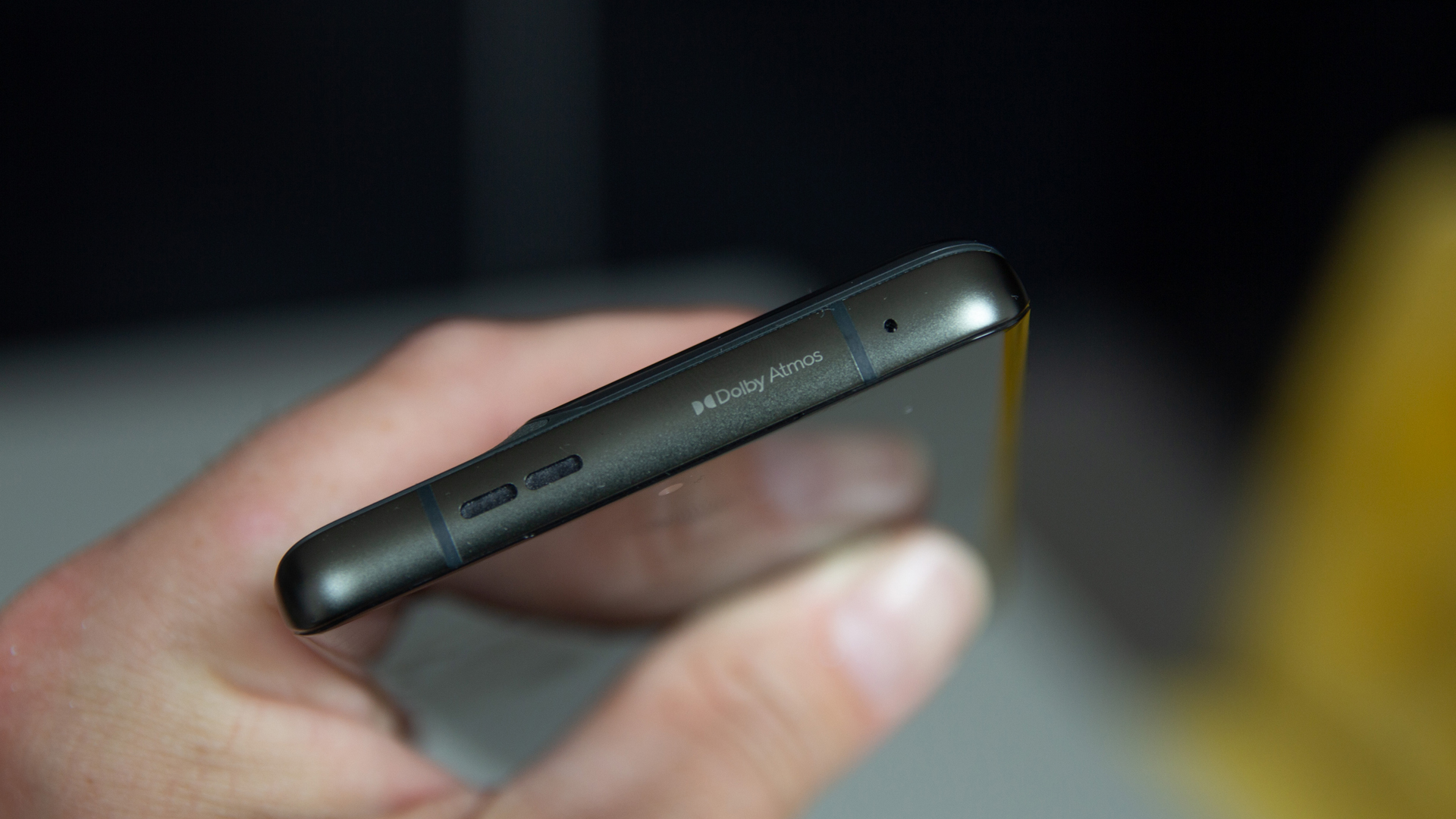
Powering the Edge 50 Ultra is the Snapdragon 8s Gen 3. This isn't Qualcomm's top hardware, it's a step down – and the same hardware powering the new Razr 50 Ultra too. It's basically the same, but a little more affordable and in many day-to-day tasks, you'll never notice the difference.
I also found that it ran games perfectly smoothly, so unless you're looking for the absolute best, there's very little to complain about. Add to that 16GB RAM and that huge 1TB of storage, and you're laughing. Motorola also includes ultra wideband in this phone, which is a technology you might need for digital car keys, but also supporting the Moto Tag, the company's answer to the Apple AirTag.
I found that long gaming sessions ran smoothly. There's some warming of the phone but not to a concerning degree, only really those occasional edge taps getting in the way of a top performance.
There's a 4500mAh battery in the Edge 50 Ultra, which is actually a mite smaller than the previous phone. That minor change won't make a huge difference and one of the most attractive things about Motorola phones is the fast charging rate. Here you get 125W wired charging and there's a 125W charger in the box. That's a real bonus, because that powerful charger can bring fast-charging rates to other devices too.
The stamina of the Edge 50 Ultra is great too – I've had no problem getting this phone through the day. A couple of times I've forgotten to charge it overnight, but a very quick session on that 125W charger and you'll be back up to full before some phones have pretty much even realised they are charging.
The performance is pulled together by a good software experience too. It's close to being unfettered Android, but you do have to jump through a lot of hoops on setup, with lots of apps it wants to install for you. Some you don't get the choice to avoid, but I found I could uninstall those after setup. There are some Motorola apps, but at least there's no duplication of core apps, as you'll find from some other brands.
On the software support side you get 3 years of Android OS updates and 4 years of security patches. Given that the gold standard is now 7 years for both (from Google and Samsung), Motorola falls a little short here.
Motorola Edge 50 Ultra review: Cameras
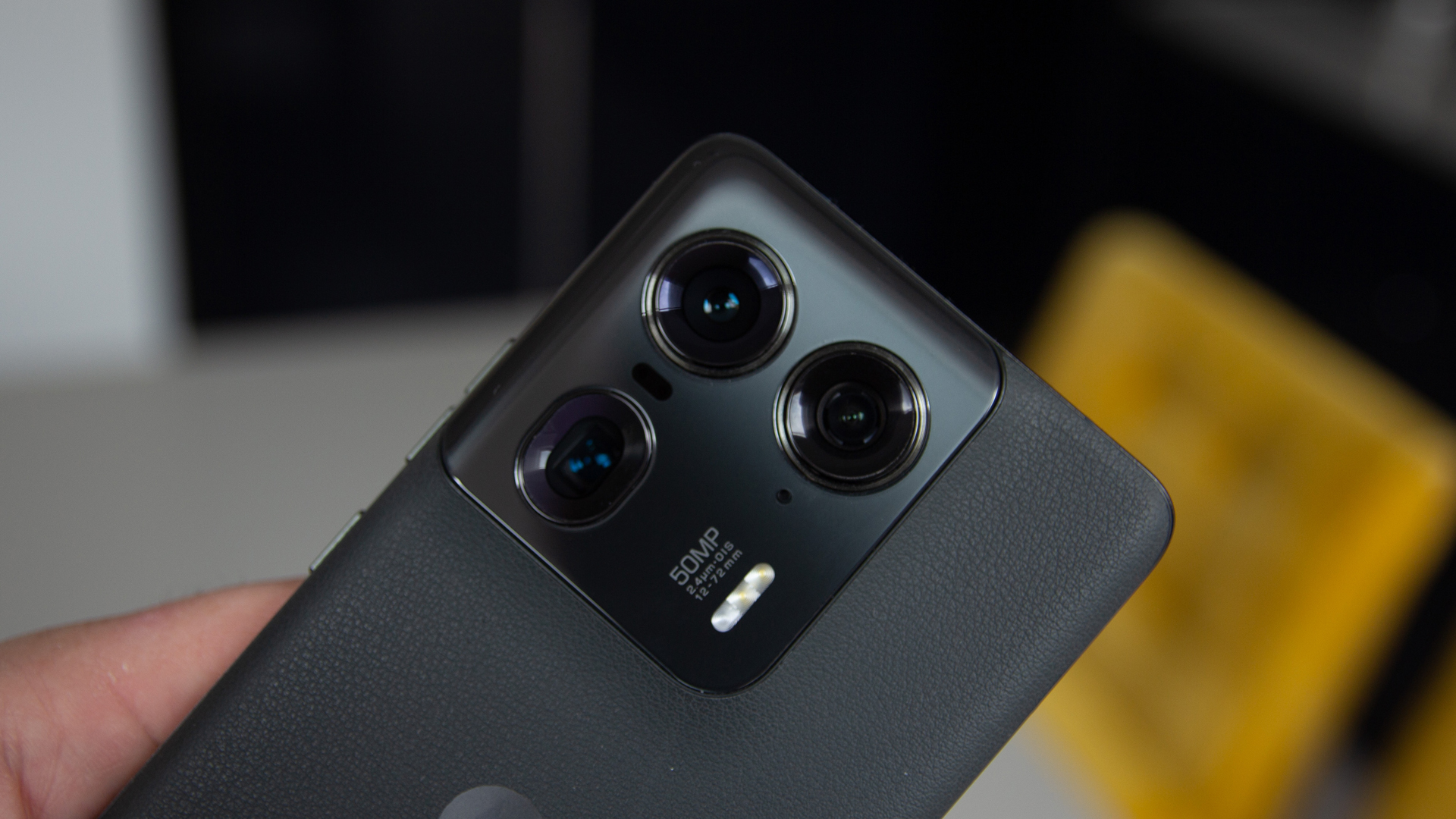
There's been quite a reshuffle across the cameras on the Edge 50 Ultra. The main camera has a 50-megapixel resolution, with the aperture moving to a larger f/1.6 opening, plus the pixels are larger than before – so it's better positioned for low-light shooting all in all.
The ultrawide camera is also 50-megaxpixels, now with a wider field of view – while also powering the macro skills of this camera. Then you have the new telephoto, which is a periscope-type, 64-megapixel camera offering 3x optical zoom, including stabilisation. It's a comprehensive set of hardware.
Starting with the telephoto, the best images it offers come close to the 3x native zoom, with a sensor crop then giving you 6x zoom – which is still pretty good in terms of quality. Digital zoom will then run you out to 100x, which is basically mush so best avoided – but you're still able to get in close to the subject with some great results.
There's plenty of sharpening going on here and at times that gets a little excessive, particularly on long zooms or in tricky conditions, but that can cut some of the blurring out of farther zoom which works well enough.
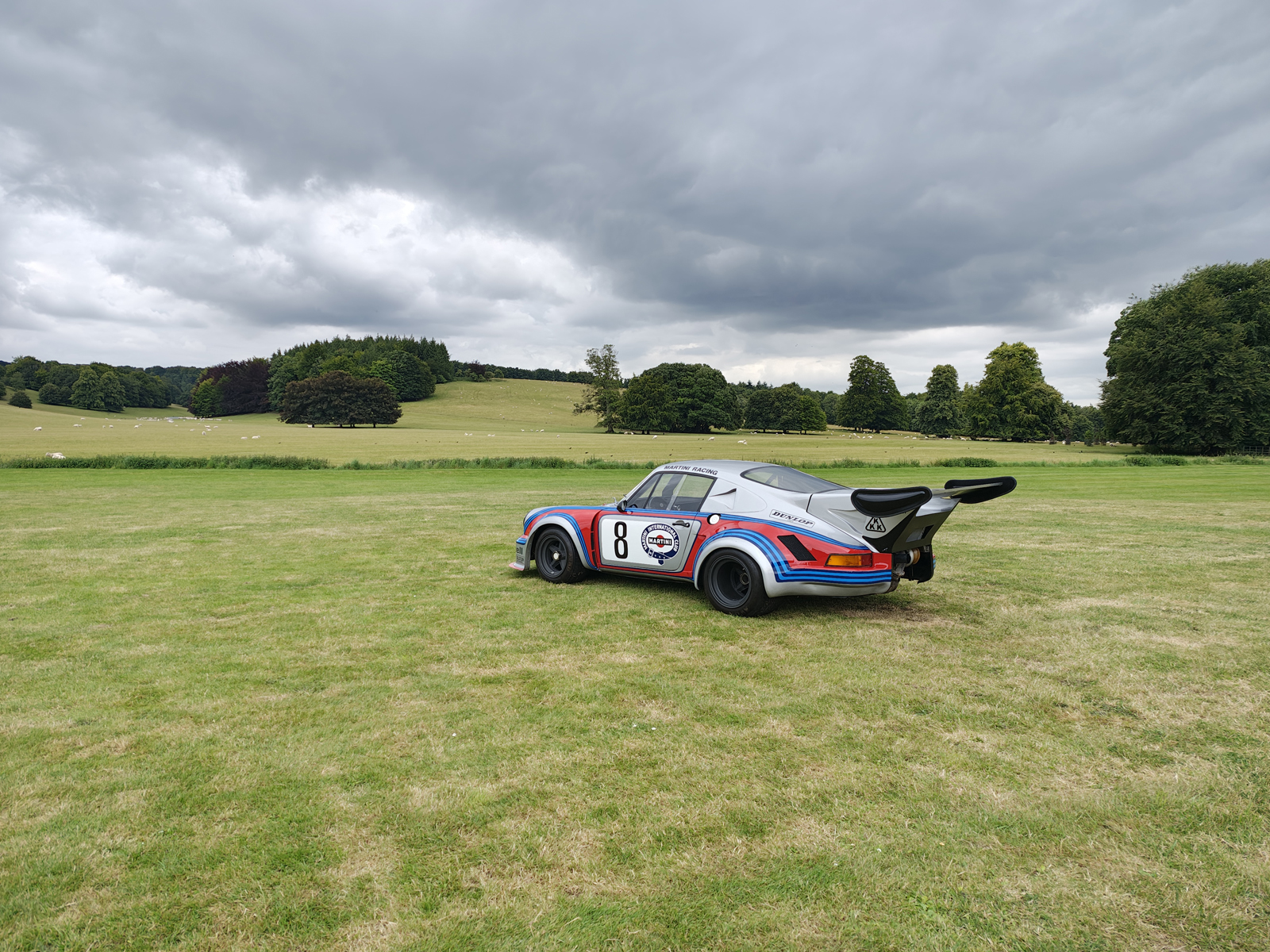

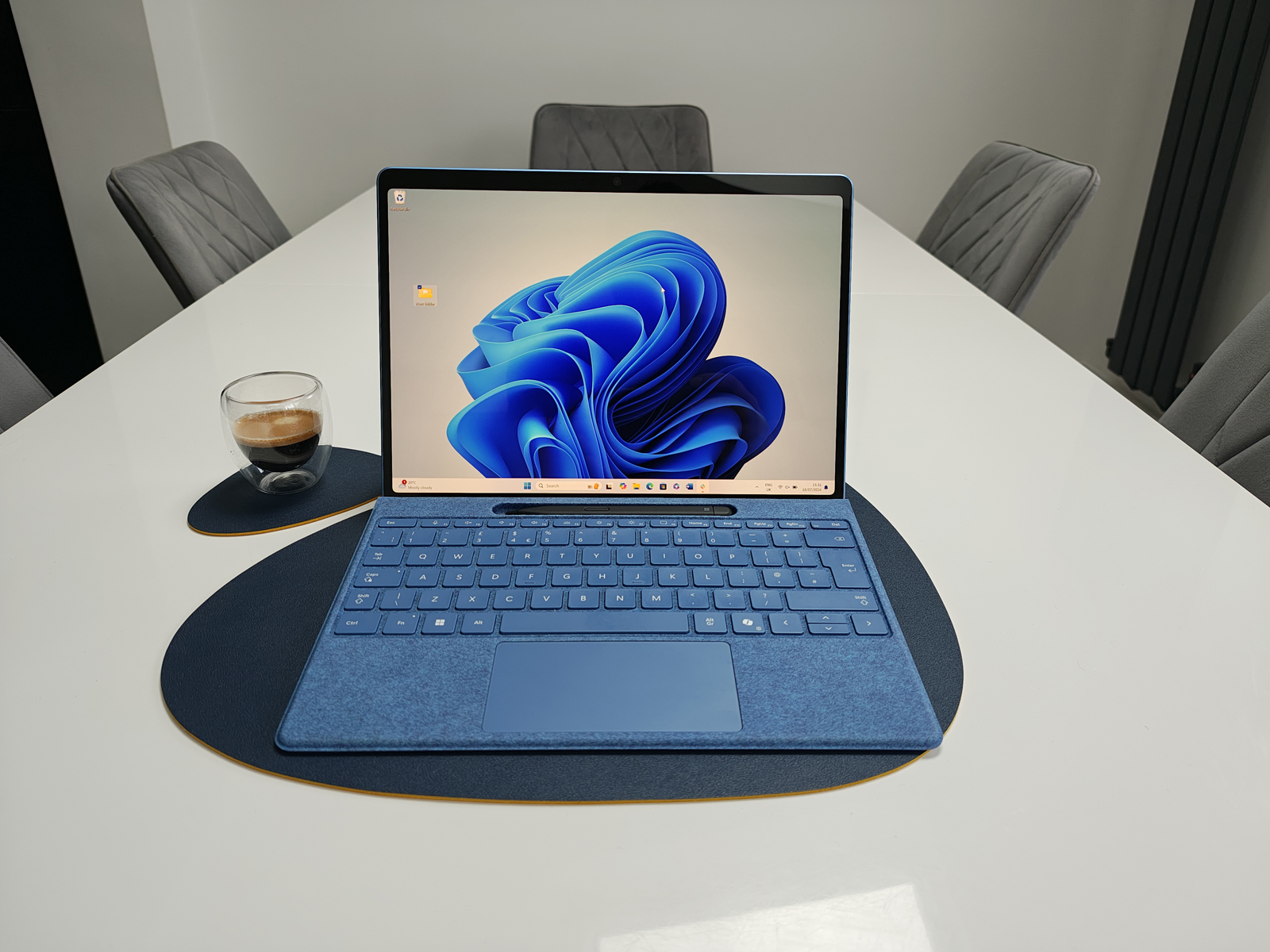
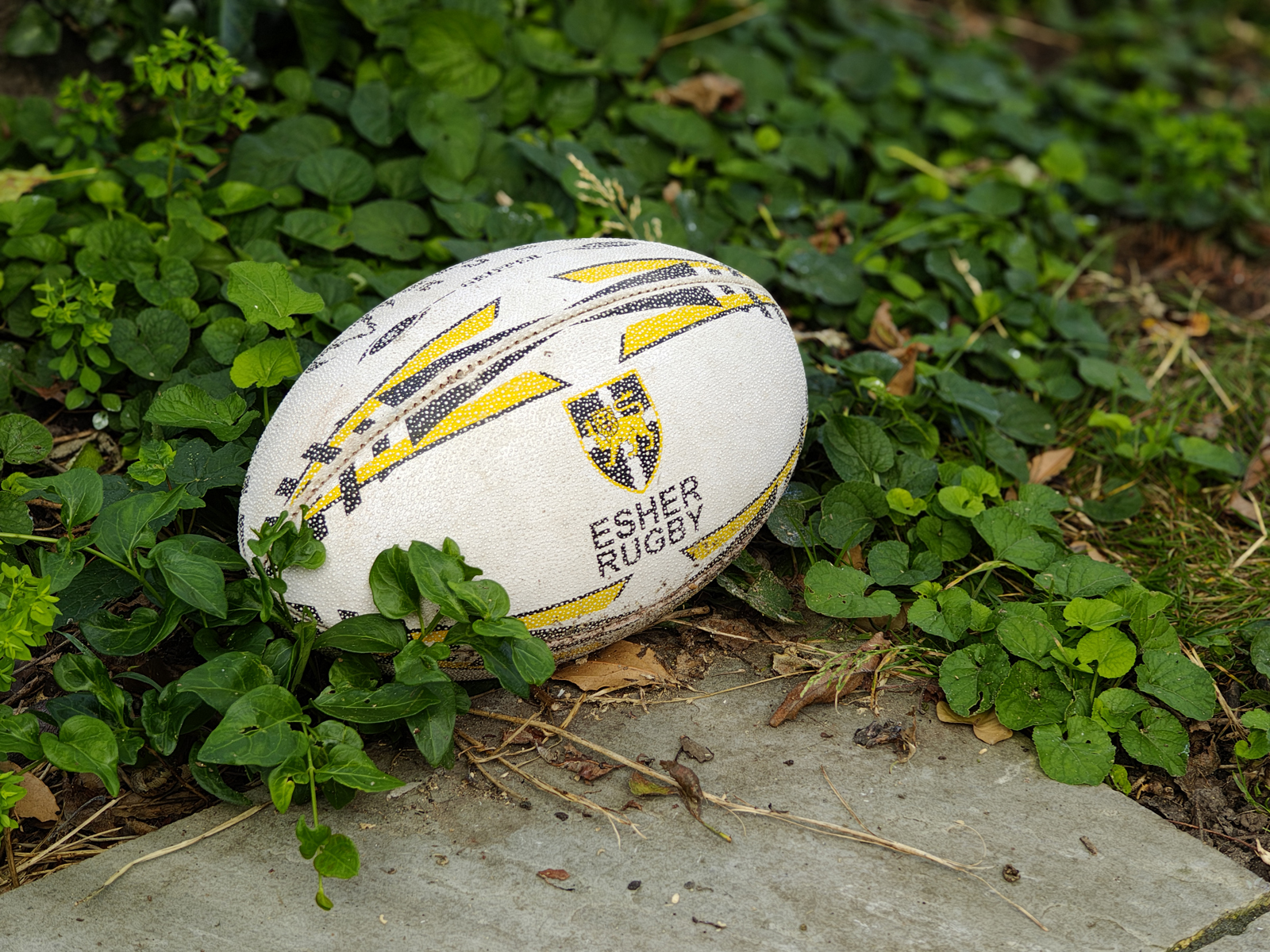
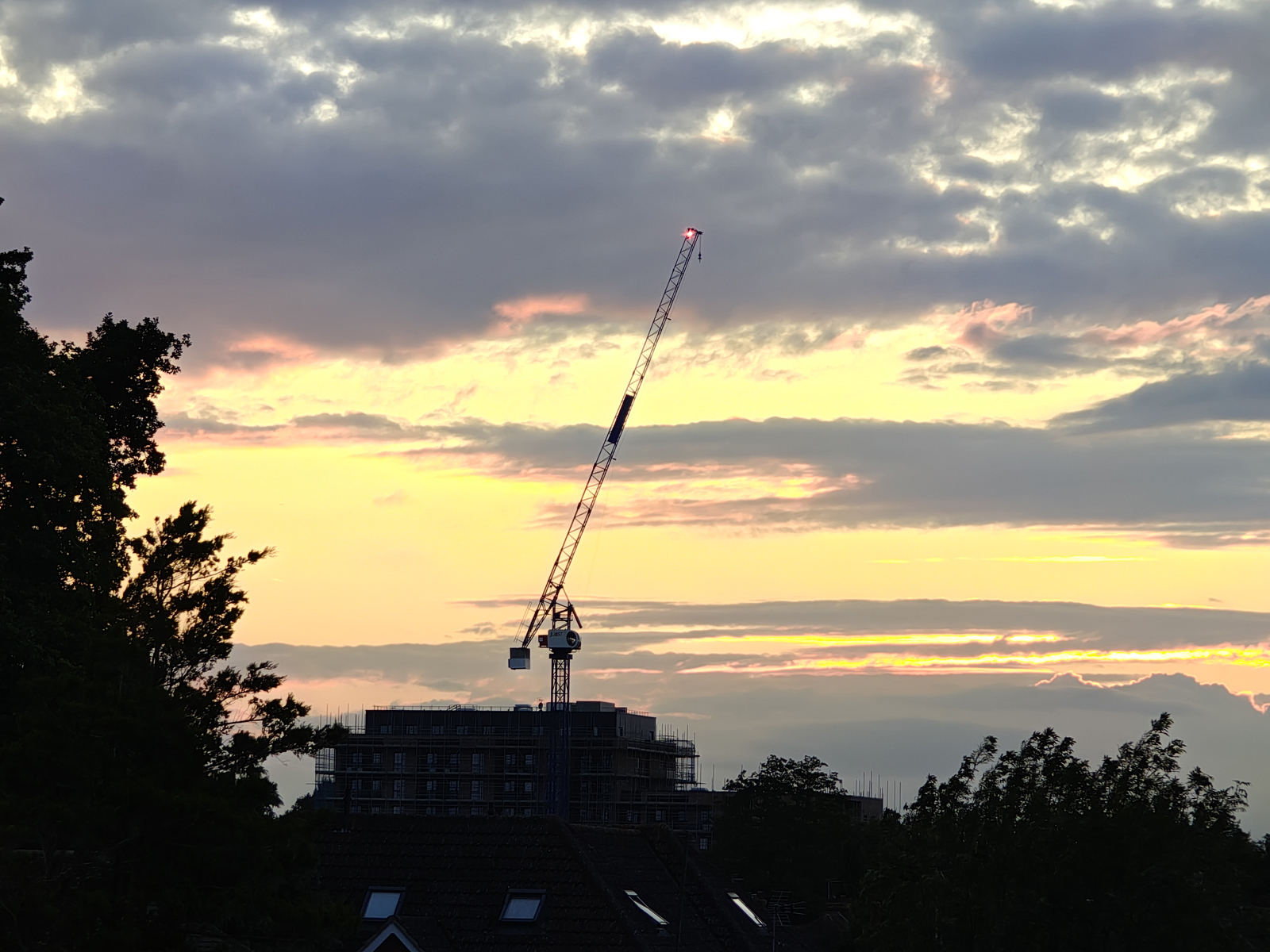



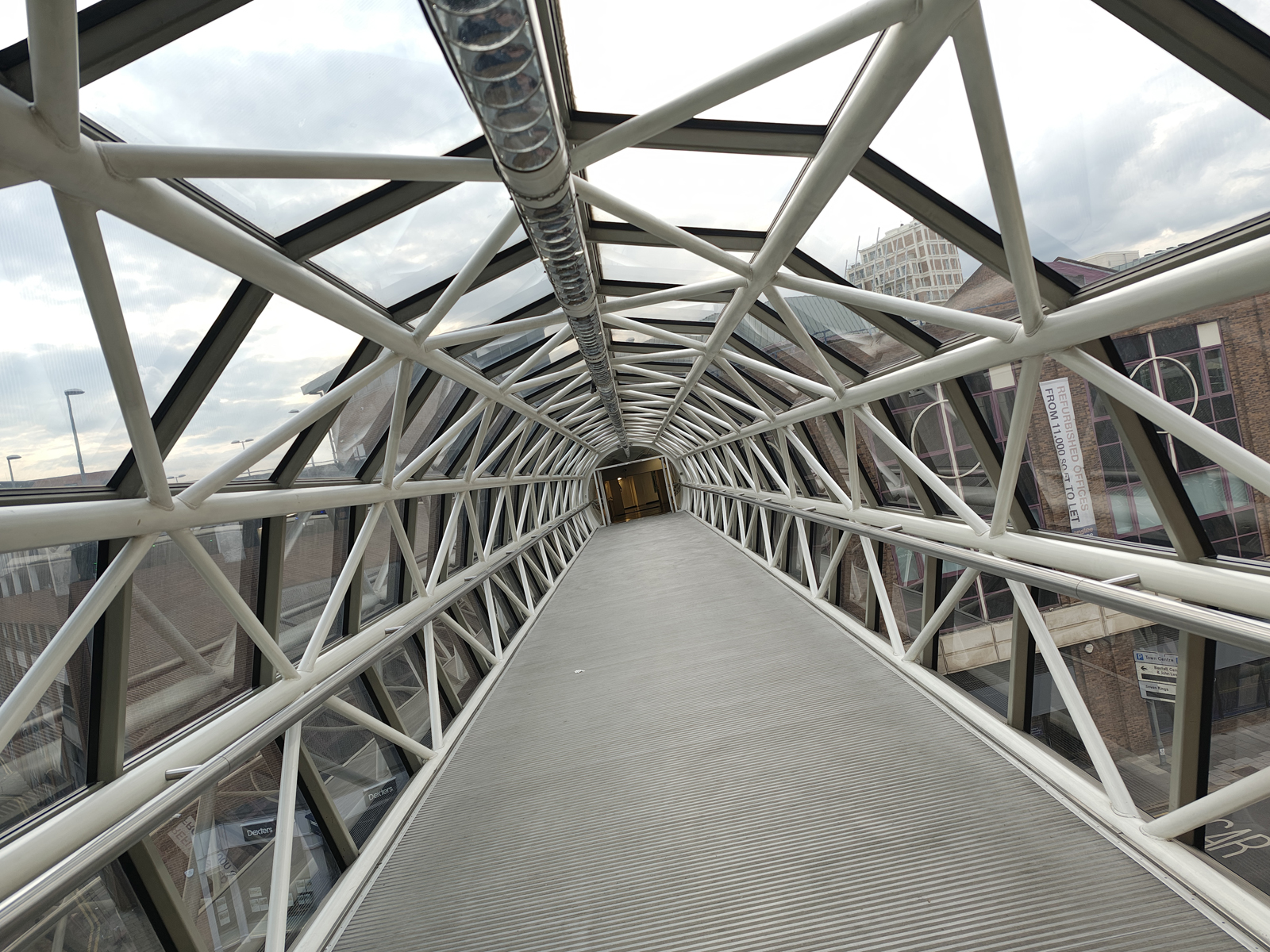

The main camera will produce great shots too. In good light you'll get great shots, but there's some skill in low-light too. It's a shame that the night mode hides in a menu because it takes more clicks to get to – and there's no progressive exposure on the screen, so you can't always see what you're doing. But the photos you get are good – so the experience could definitely be improved.
I took plenty of shots alongside the Pixel 8 Pro and found that the Pixel would lighten images a little more, leaving the Edge 50 Ultra's photos looking a little gloomy at times. The Motorola also doesn't let you take night shots on the front camera, opting for a selfie flash instead.
Overall it's a great set of cameras, and I think most people will be perfectly happy with the results they can get.
Motorola Edge 50 Ultra review: Verdict
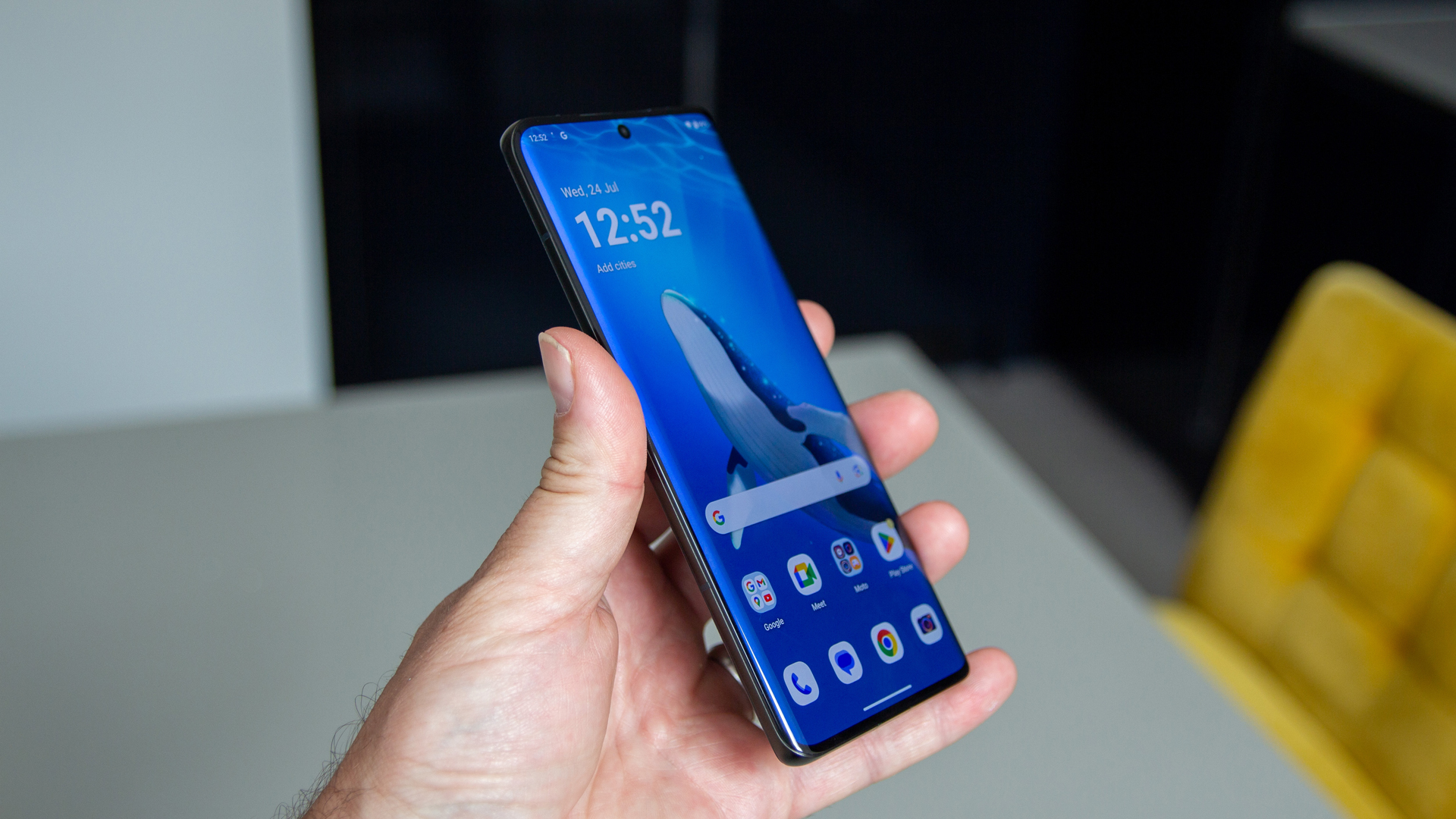
The Motorola Edge 50 Ultra isn't quite as Ultra as Samsung's equivalent phone, but it has a lot going for it. Great design, class-leading charging (with the charger included), plenty of power and performance at a price undercuts many rivals. It's a joy to use, but the creep of bloatware is real, so avoiding some of what Motorola might want you to install is worth doing.
The 3x optical zoom puts in a good showing for itself, from a camera system that's generally very good. It's worth remembering that you also get access to some of that Google AI magic through Google Photos for those essential edits too, but some tweaks to the experience could make the camera better.
Ultimately, Motorola is still offering something that feels like an alternative to a Google phone and there's enough in this package to make it a serious contender.
Also consider
I mentioned the Pixel 8 Pro a number of times in this review as it feels like a natural rival. As the Moto Edge 50 Ultra is at the start of its life and the Pixel 8 Pro is a year old, it's not quite a fair comparison. The Pixel offers stronger camera performance, a flat display and at the time of writing is cheaper than the Motorola – but the Motorola trumps everything for storage.
The OnePlus 12 is also a natural rival, also offering a 3x telephoto powered by a 64-megapxiel sensor. The OnePlus has more powerful hardware, and offers competitive 100W charging, but has a larger battery too – and is around the same price.







